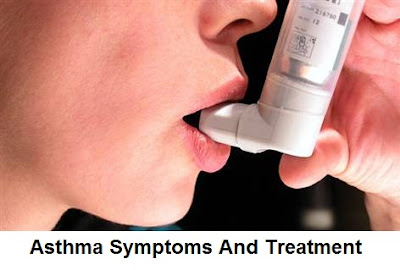What is asthma disease?
Asthma is a chronic inflammatory disease of the airways. Some asthmatic patients suffer very little from the condition, while in others asthma is very mild. Patients are sensitive to certain stimuli that trigger asthma attacks. In such an attack complaints such as breathlessness, coughing or sneezing and anxiety occur.
What causes asthma attacks?
Asthma is a chronic inflammatory disease of the airways, but science is still in the dark about its exact cause. Asthma attacks can be triggered by:
- Allergens
- Irritating substances such as gas, cigarette smoke, etc.
- Heavy efforts
- Infections of the airways (flu, colds)
- Emotional tension (anxiety, stress)
- Cold, dry air
- Medication, including aspirin
- Weather conditions (cold, lots of wind, etc)
- Menstrual cycle
- Gastroesophageal reflux
What are the signs and symptoms of asthma?
The symptoms that occur with asthma differ from person to person.
- Shortness of breath
- Tense chest, stuffiness
- Sleep problems
- Whistling or wheezing sound when exhaling
- Cough or sneezing
The symptoms can worsen in viral infections such as flu or colds.
How to treat asthma?
Complete healing of asthma is rare. But with good treatment you can get the disease under control. The medicines that are used will also differ from patient to patient. Patients with a mild form only need medication when exposed to risk factors or when they feel an attack coming on. Patients with a heavier form should keep asthma under control in the long term. Asthma medications include:
- Corticosteroids anti-inflammatory drugs (inhalers)
- Allergy medications: can help prevent seizures
- Bronchodilators: the so-called inhalers that dilate the airways in an attack.
How to prevent asthma?
An asthma attack can be prevented in the first place by avoiding the things that cause you seizures. It is also important that you learn to recognize the signals of an upcoming attack. The sooner you are there, the lighter the attack will be.

